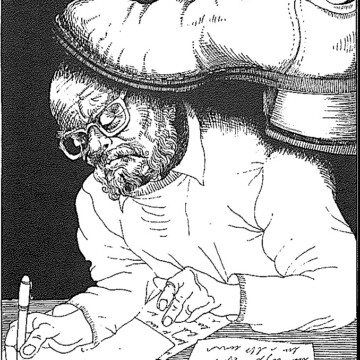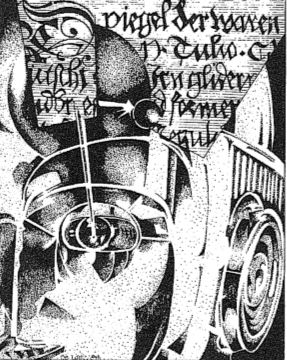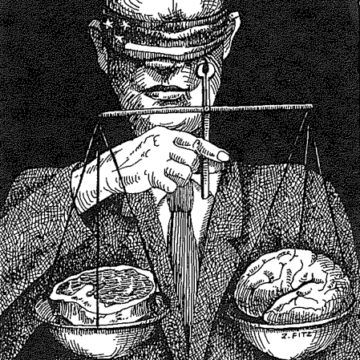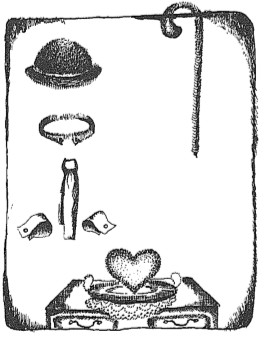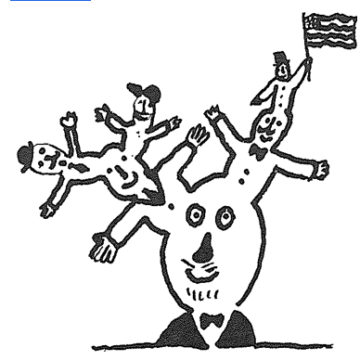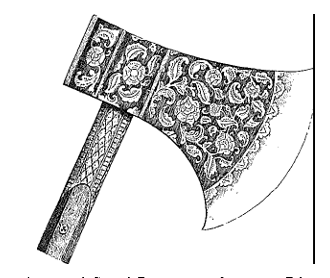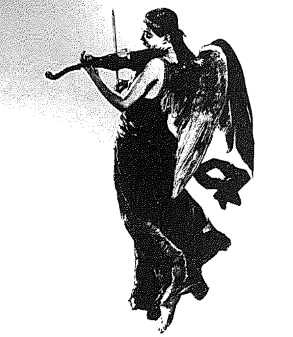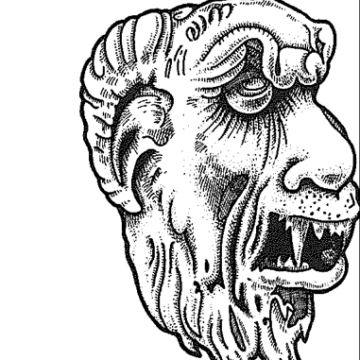Truthfulness and rationality are essential priorities in the discussion of public issues. Only by renouncing the strait jacket of ideology can we begin to see the world and man.
Category: Comment
Censorship: When to Say No
Every April since 1981 the American Society of journalists and Authors sponsors an “I Read Banned Books” campaign. They routinely trot out copies of children’s books like Alice in Wonderland or Mary Poppins and modern classics like Ulysses—all of which have been censored by somebody somewhere. One of them inevitably quotes Jefferson on tolerating “error...
Comment: Subversion at the NEH?
In 1983, the Berlin Senat awarded my German partner and myself a “low-budget” grant to produce a short documentary film about the Great Jewish Cemetery of Berlin (that was founded in 1880 and has over I 10,000 graves). Entitled Bin Verlorenes Berlin,this film suggests that the cemetery itself is the principal surviving relic of the...
Comment
The recipients of the 1984 Ingersoll Prizes are Anthony Powell and Russell Kirk The T. S. Eliot prize goes to Mr. Powell and the Richard Weaver prize goes to Dr. Kirk. Anthony Powell The serious novel has undergone a radical transformation in the 20th century. The old narrative forms that had given...
Comment
Democracy, its failures, weaknesses, and sins not withstanding, is the only political system in which the entire social body is to decide on who should conduct its affairs in its name. By the electoral process the majority’s opinion is consecrated as a source of legitimate political power. Annals record many variations of democratic societies in...
Comment
The contemporary ideological debate on social issues sometimes resembles a squabble between two second-graders as to which has the tougher father. Common sense and principle fall victim to pride and enthusiasm. Conservative and liberal have too often become, in modern usage, handy but meaningless epithets tossed about by single-issue demagogues for their own political convenience,...
Comment
The Editorial Comment was presented as a speech by Dr. Carlson, Executive Vice-President of The Rockford Institute at the April 16, 1984 meeting of the Philadelphia Society. Whole forests have been sacrificed in the last two years to the latest phase of this nation’s perennial debate on education. Yet the debate swirling about us has...
Comment
The case study of Teheran and Yalta can be ultimately reduced to the question: Should the President of the United States lie? Pericles would have thought so, “for there is justice in the claim that steadfastness in his country’s battles should be a cloak to cover a man’s other imperfections; since the good action has...
Comment
Decline, decay, the falling away from a former excellence. All the conventional definitions of decadence are negative on their face. The term denotes a state of decline, but it also connotes an enlightened view of that decline on the part of the user, who is sophisticated, worldly-wise, and never ever shocked. A very respectable hotel...
To See the World and Man
Truthfulness and rationality are essential priorities in the discussion of public issues. Only by renouncing the strait jacket of ideology can we begin to see the world and man.
Comment
Webster’s defines culture as a variation of the verb cultivate. It is time, therefore, for us to look at what, as a nation, we are cultivating. In our government schools, which we persist in calling “public,” students are taught that virtually any loose community can be called a society, and that the world is driven...
Comment
George Orwell’s 1984. We’re almost there. Or are we? Walter Cronkite thinks the danger looms, and if anyone speaks for the “thinking”American it is surely Walter Cronkite. He said it again in a special preface to the Orwell novel in 1983, as the fatal year approached. After ticking off the menace of orbiting satellites that can read...
Comment
History, in the end, remembers a society more by its culture than by its politics. If a modern American knows little about the dramatists and poets and sculptors of ancient Greece or Rome, he knows even less about their political leaders. The point is well put in an anecdote told in the Soviet Union: a...



